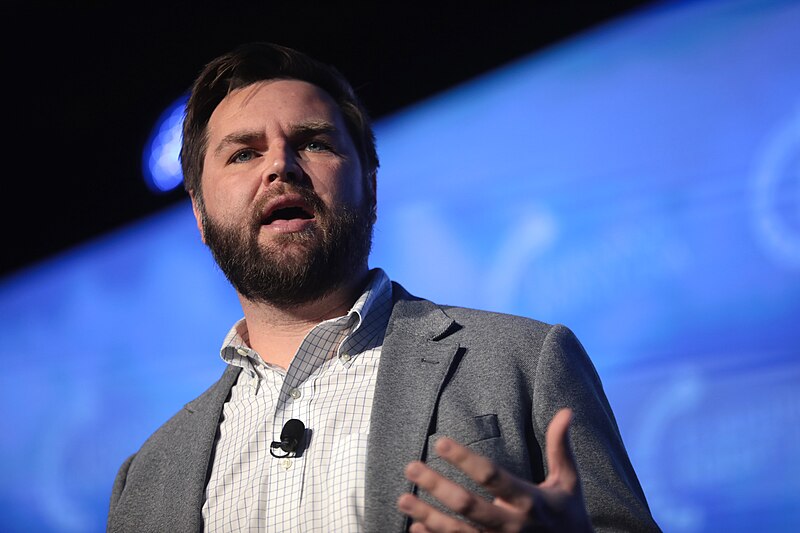
Vice President JD Vance took aim at Europe's stringent artificial intelligence regulations on Tuesday, warning that excessive oversight could stifle innovation and calling content moderation
"authoritarian censorship."
Speaking at a French-hosted AI summit in Paris, Vance emphasized that the United States intends to remain the global leader in AI development, firmly opposing the European Union’s more restrictive regulatory approach. He criticized the EU’s Digital Services Act and the General Data Protection Regulation (GDPR), arguing that they burden smaller firms with overwhelming compliance costs.
“We believe that excessive regulation of the AI sector could kill a transformative industry,” Vance stated at the gathering of CEOs and world leaders. “AI must remain free from ideological bias, and American AI will not be turned into a tool for authoritarian censorship.”
U.S. and U.K. Reject EU-Led AI Agreement
The U.S. and the U.K. did not sign the final statement of the summit, which called for AI to be inclusive, ethical, and safe. This refusal highlighted the growing divide between regulatory philosophies, as the global conversation around AI shifts from safety concerns to geopolitical competition.
The EU’s AI Act, passed last year, introduced the world’s first comprehensive framework governing AI. However, Vance argued that while safety is important, regulation should not be used to limit access to differing viewpoints. “Ensuring internet safety is one thing, but preventing adults from accessing opinions deemed as misinformation by the government is something entirely different,” he said.
AI and Geopolitical Rivalries
Vance also issued a warning about China’s influence in the AI sector, referencing concerns over authoritarian regimes exporting subsidized technology. Without directly naming Chinese AI startup DeepSeek, he cautioned against relying on AI systems developed under authoritarian rule, suggesting that such partnerships could compromise national security.
His comments came just weeks after DeepSeek released a powerful AI reasoning model that some analysts suggested could challenge U.S. technological leadership. The news led to a significant drop in Nvidia’s stock, highlighting the financial stakes in AI’s global race.
Europe Defends Its AI Approach
In response to Vance’s critique, French President Emmanuel Macron acknowledged concerns over bureaucratic red tape but defended the need for regulation. “If we want AI to be trusted, we need rules. Without trust, AI will be rejected,” Macron said.
European Commission President Ursula von der Leyen echoed Macron’s sentiment, assuring that the EU would work to reduce bureaucratic hurdles while increasing AI investment.
Meanwhile, China participated in the summit, with Vice Premier Zhang Guoqing expressing a willingness to collaborate with other nations on AI security and development. At least 60 countries, including China, signed the summit’s declaration, while the U.S. and U.K. remained notable holdouts.
A Shift in U.S. AI Policy
Experts noted that Vance’s remarks signal a major shift in U.S. AI policy under the Trump administration. Russell Wald, executive director at Stanford’s Institute for Human-Centered AI, observed, “The focus is now on accelerating innovation rather than prioritizing safety. The belief is that regulation equals lost opportunity.”
While some AI executives welcomed this pro-innovation stance, others saw missed opportunities. Dario Amodei, CEO of OpenAI competitor Anthropic, pointed out that the summit failed to fully address critical issues like AI’s security risks, labor market disruptions, and supply chain vulnerabilities.
As AI development continues to shape the global economy, the debate over how to balance innovation with regulation remains a point of contention between the world’s leading powers. Photo by Gage Skidmore from Surprise, AZ, United States of America, Wikimedia commons.






































